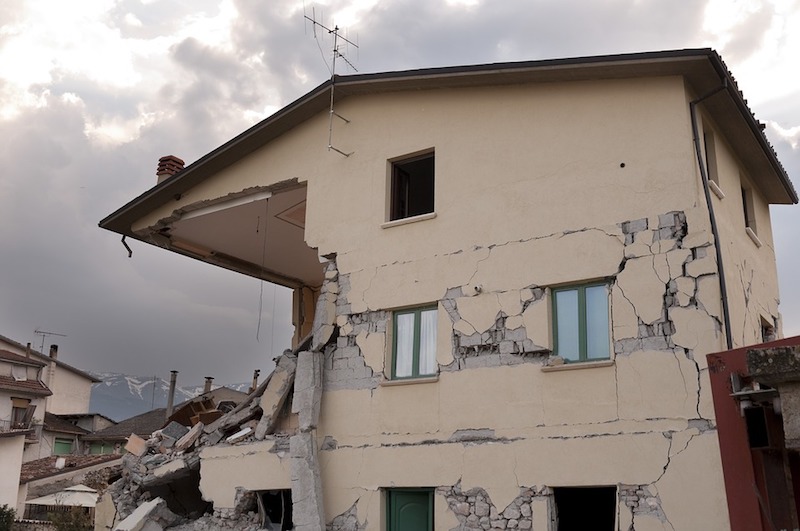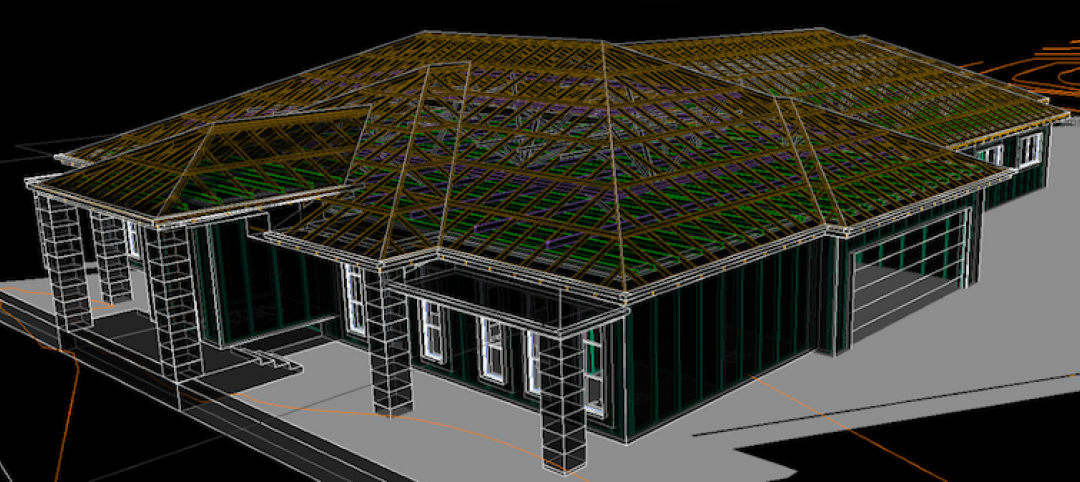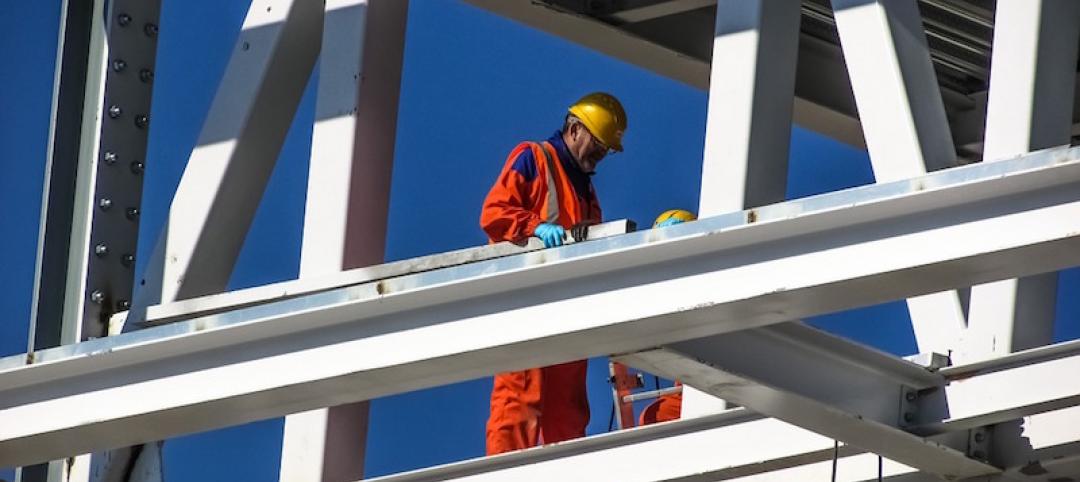The United States Resiliency Council through its support behind California’s AB 2681, a bill now in the appropriations committee that would assist cities in identifying the most seismically vulnerable structures.
The bill would provide funding and tools for cities to identify dangers to their communities and infrastructure. According to the council, the benefits of the bill include:
— Protection for affordable housing: Many vulnerable buildings are older structures that make up much of the state’s more affordable housing stock.
— Shielding communities from chaos: Projected loss of housing would leave hundreds of thousands of people homeless and in desperate need of refuge.
— Informing the public about personal risks: People have a right to make decisions about the buildings in which they live and work based on the best available information. Identifying and evaluating potentially vulnerable buildings is the first step toward engaging stakeholders about the importance of creating more resilient cities.
— Promoting social justice: Most of those impacted by a major quake will be lower-income residents whose lives and livelihoods will be disproportionately impacted due to their economic and social status.
— Protecting public health: Many older buildings contain asbestos and lead, which, when released into the air and groundwater from crumbled rubble will pose a public health problem of potentially overwhelming impacts.
Related Stories
Codes and Standards | Jan 13, 2017
New BIM guide for owners released
National Institute of Building Sciences releases a manual for developing standard set of BIM documents.
Codes and Standards | Jan 11, 2017
OSHA prompts more proactive approach to construction site safety
Remote operated camera systems are being used to mitigate risk in real time.
Codes and Standards | Jan 10, 2017
Plunging solar power costs making PVs more compelling for owners, developers
Technical and manufacturing advances are driving down prices.
Codes and Standards | Jan 9, 2017
Boston’s plans for new development at odds with flood projections
One plan calls for building in areas predicted to be flooded during high tides as sea levels rise.
Codes and Standards | Jan 9, 2017
New LEED for Cities, LEED for Communities pilot certifications unveiled
Requires tracking of performance data and progress toward goals.
Codes and Standards | Jan 9, 2017
China claims top ranking outside of U.S. for total LEED-certified space
Canada, India, Brazil, and Korea round out top 5.
Codes and Standards | Jan 6, 2017
OSHA prompts more proactive approach to construction site safety
Remote operated camera systems are being used to mitigate risk in real time.
Codes and Standards | Jan 5, 2017
2018 building energy code upholds efficiency gains
Efforts to scale back efficiency requirements largely defeated.
Codes and Standards | Jan 4, 2017
Low-income housing doesn’t lower neighborhood housing values
A Trulia study contradicts longstanding fears.
Codes and Standards | Jan 3, 2017
Intelligent transportation systems have implications for designers, construction firms
Sensors and Internet of Things devices will have to be embedded in infrastructure.

















